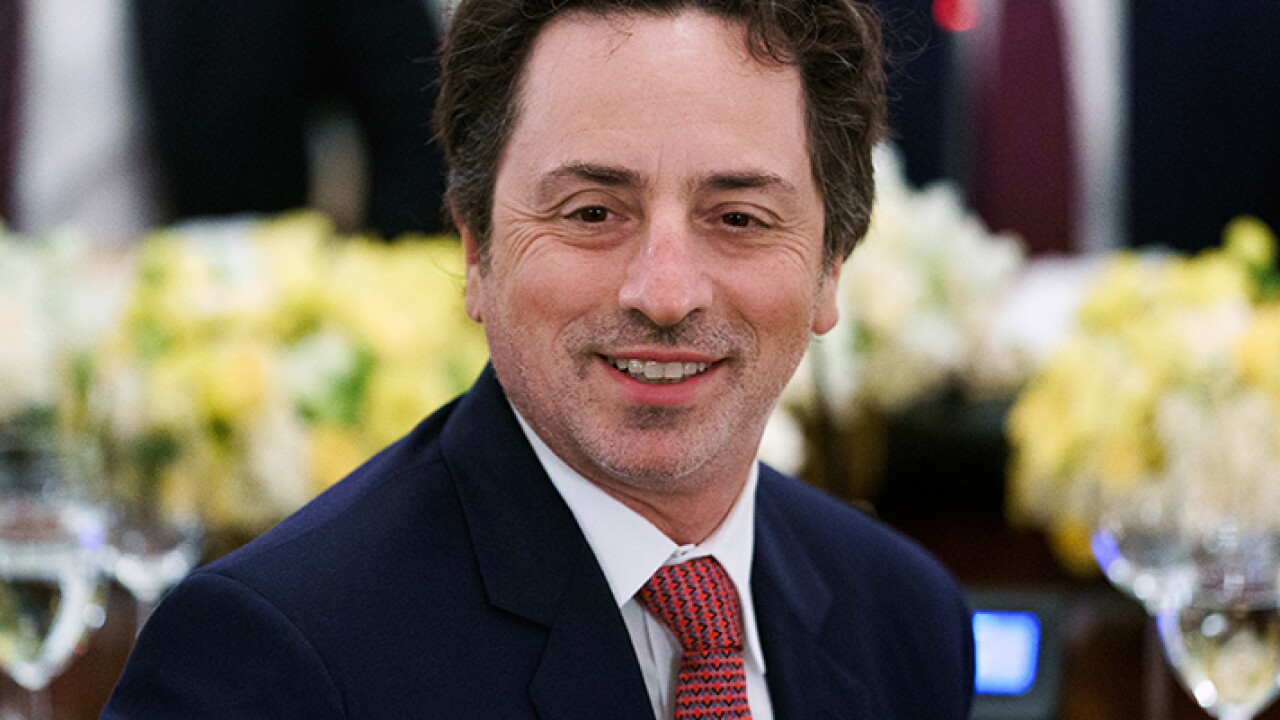
CHICAGO — Detroit emergency manager Kevyn Orr has redirected $95 million meant for debt-service payments into a fund for restructuring costs, according to a budget memo obtained by the Detroit City Council.
The memo, crafted as a 2014 budget amendment, authorizes the city's budget director to redistribute revenue intended for payments on the city's pension obligation certificates and its limited-tax general obligation bonds.
Revenue intended for unlimited-tax general obligation bonds was not part of the amendment memo, dated Oct. 28. Orr spokesman Bill Nowling was not immediately available to comment on how Detroit spends the money meant for its unlimited-tax GOs, which are also not being paid by the city.
"At your direction, debt service appropriations for pension obligation certificates and limited-tax general obligation debt for which principal and interest are not being remitted during the Chapter 9 bankruptcy filing are to be reallocated for general operational restructuring purposes," interim budget director Brent Hartzell wrote in the memo to Orr. The money will be moved from the city's general fund to a general restructuring account.
The city filed for bankruptcy in July.
Orr announced in June that the city would default on up to $2 billion of bond debt, saying the money would be used for essential city services. Detroit defaulted on a June 15 pension certificate payment and its Oct. 1 unlimited-tax and limited-tax GO payments.
U.S Bankruptcy Judge Steven Rhodes, is expected to rule any day on whether the city is legally eligible to enter into Chapter 9.
The Detroit City Council revealed the memo just days after the three bond insurers who wrap the city's general obligation bonds sued the city for illegally using money that is meant for bond payments.
Assured Guarantee Municipal Corp. and National Public Finance Guarantee Corp. argued in their joint challenge that it's illegal for Detroit to use money raised under a voter-approved separate levy for any purpose other than for unlimited-tax GOs debt service.
Ambac Assurance filed its own lawsuit, which was expanded to include the limited-tax GOs.
"The basis for the argument is a relatively strong one," said Richard Ciccarone, chief research officer at McDonnell Investment Management LLC. "The city for years represented that they would pledge ad valorem taxes that would be a separate levy approved by the voters to pay off the bonds," Ciccarone said. "How legitimate would it be for them to use that money for any other purposes?"
Ambac's argument that the limited-tax GOs should also be considered special also has merit, Ciccarone added.
"They were approved by a duly constituted legislative body, and that has some weight," he said. "Detroit's going to be an opportunity for all these decisions to come before the court."
The budget maneuver taps $50 million of revenue set aside for limited-tax GOs, and $45 million from the pension certificates.
Council members blasted Orr's move, saying more than half the money was going to restructuring consultants.
"If we were getting results, it wouldn't be as frustrating," Council president Saunteel Jenkins was quoted as saying in the Detroit News.
"$95 million could go a long way in improving quality of life in the city of Detroit. It's shameful if we're spending more than half of that on consultants with no real evidence of the value that's been brought."





